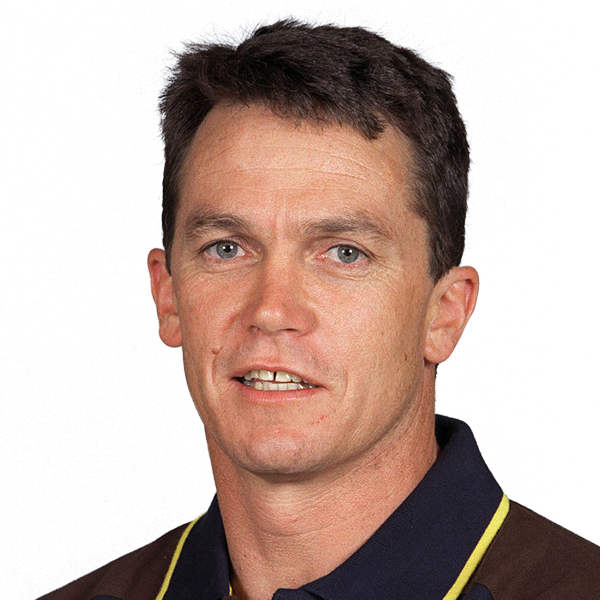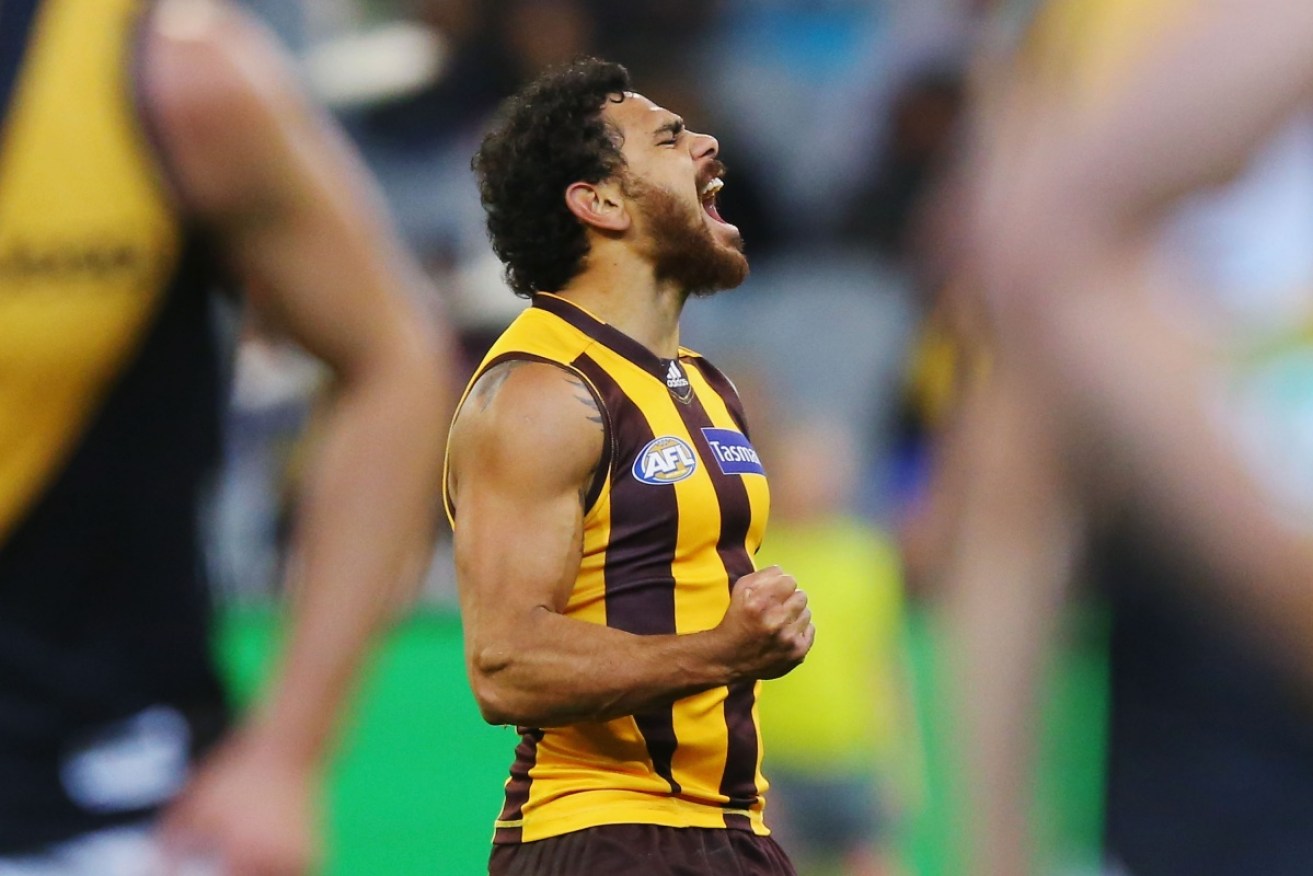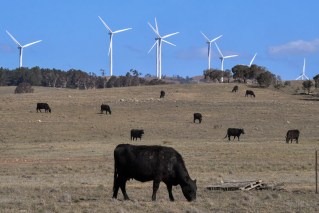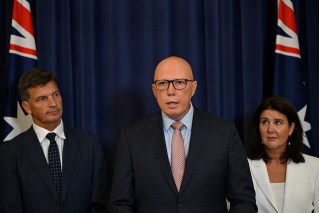It’s hard to imagine there will be another like Cyril


Only the greatest players can change a team. Cyril Rioli was one of Hawthorn's best, Peter Schwab writes. Photo: Getty
Hawthorn coach Alastair Clarkson said of Cyril Rioli following his retirement this week, “He leaves as an integral part of the fabric of the brown-and-gold family and the history of the game”.
It makes you stop and remember that it is players, and sometimes coaches, who have the biggest influence on creating a culture at a football club.
It is a very rare player who impacts the game given its largeness in the number of participants and breadth of years and eras it has spanned.
For this reason, it is easier to focus on a player’s club. Even then it is hard to measure their impact beyond the years they played for it.
Yesterday, I found myself watching a documentary of Manchester United great Bobby Charlton.
What struck me most powerfully is how he, more than nearly anyone else, helped shape as a player one of the world’s most supported and respected football clubs.
A youthful survivor of the 1958 Munich Air Disaster where many of his teammates, coaching staff and administration along with many journalists died in a take-off crash while returning from a game in Europe.
Following the tragedy, Charlton in the immediate aftermath and for almost two decades became the constant on-field embodiment of Manchester United and the promise of those teammates who died.
His sublime skill, talent and leadership combined with his modesty and humbleness as a person resonated with everyone. The fact he also played a significant role in England winning the 1966 World Cup only helped to broaden his appeal.
Tragic circumstances elevated the dimension of the club’s journey beyond what it would otherwise have been.
But the point is that sometimes one person can help build a legacy. Charlton didn’t build Manchester United by himself – Matt Busby the manager and other great players like Denis Law and George Best were influential – but Charlton remains their most revered.
I recognise the tragic circumstances of Manchester United are incomparable, but in different circumstances Hawthorn Football Club faced a pivotal moment in its history. Constantly in the bottom places of the ladder. It took till its 32nd season in the VFL to play a finals match.
Jack Hale was the coach when Hawthorn first played in the 1957 finals. Hale, a Carlton player, was quoted as saying upon his arrival at the club, “I took the Carlton spirit with me. I wanted to create a Hawthorn spirit.”
His successor as coach was a combative and competitive ruckman named John Kennedy, who had played under Hale. Kennedy attributes Hale with laying the foundations for the club’s first premiership in 1961.
It is easy now for people to recognise Kennedy as the most influential person in Hawthorn’s history. Like Charlton at Manchester United, Kennedy personifies the spirit of his club.
Kennedy’s mere presence being a connection and reference point for what Hawthorn means.
It is a credit to everyone who has come to Hawthorn since to be able to pass on the club’s legacy in such a meaningful and sustainable way.
Although the critical juncture in the club’s recent history was the defeat of the merger with Melbourne. Another Hawthorn great Don Scott became the face and voice of the challenge to ensure the club survived.
Clarkson, like Kennedy, David Parkin and Allan Jeans before him, has created another successful era for the club. A legacy of his own making, but connected nonetheless to the original legacy.
So Rioli leaves now. A little too early for most of us.
It will be hard to imagine another who will play like he did for Hawthorn.
Peter Schwab played 171 VFL/AFL matches for Hawthorn from 1980 to 1991, winning three premierships. He later served as Hawthorn coach, AFL National Umpiring director, AFL Match Review Panel chairman and Brisbane Lions list manager








